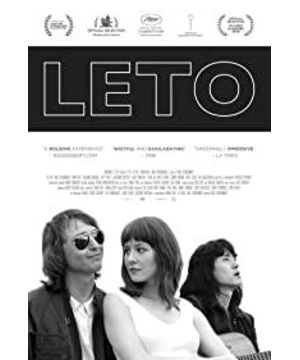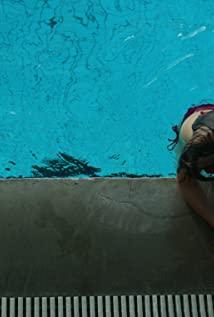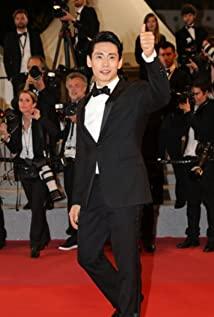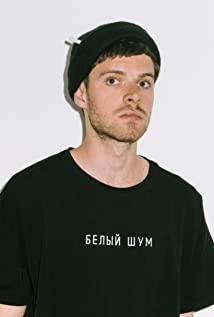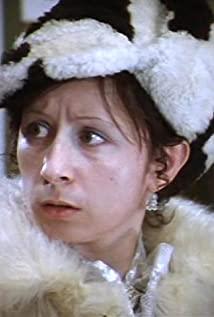The Russian film "Midsummer" (also known as "Summer"), which was shortlisted for the Cannes Film Festival, tells the story of Kino, an important rock group in the former Soviet Union, and its lead singer Victor Cui before he became famous. This autobiographical film adapted from a true story focuses on the time and space background of Leningrad (St. Petersburg) in the 1980s, talking about youth, love, predicament, dissatisfaction with politics, and freedom and new trend music in that era. desire. I like that this film is shot in a lot of theater style. The director is the artistic director of the Gogol Theater in Russia. In this film, the traces of his tireless rehearsal and the flow and fluidity created are completely visible. Not to mention that the lighting and color temperature perfectly reflect the "final peace" atmosphere that is about to collapse. The entire film is performed in black and white, with surreal techniques and MV-like clips interspersed from time to time, fully demonstrating the director's ability to freely retract. The only small problem is that there is a lot of 80s world rock knowledge running through it, and for a layman like me, it's a bit hard to watch, and it's hard to get into that "exciting" situation. In addition, the director focuses on the love and friendship entanglements between two men and one woman, which somewhat blurs the main narrative thread of the superstar's success. So, after watching it, I don't understand why the Russian fans still love him? But on the whole, this movie is still above the standard, and let me know this important singer who is good at singing country songs and is popular among Russian youth~ Victor Choi, who is also of Korean descent. However, it is sad that the director of the film, Kirill Serebrennikov, because one of the works in Gogol (the stage version of the film "White Duck" I saw before), involved The topic of homosexuality and defections has been under house arrest by the authorities to this day. Not only was he almost unable to finish the film, but he also missed the scene when the film was shortlisted for the Cannes Film Festival. #The movie shows the mutual acquaintance and sympathy of that era#The darkest era is also the brightest era
View more about Leto reviews


